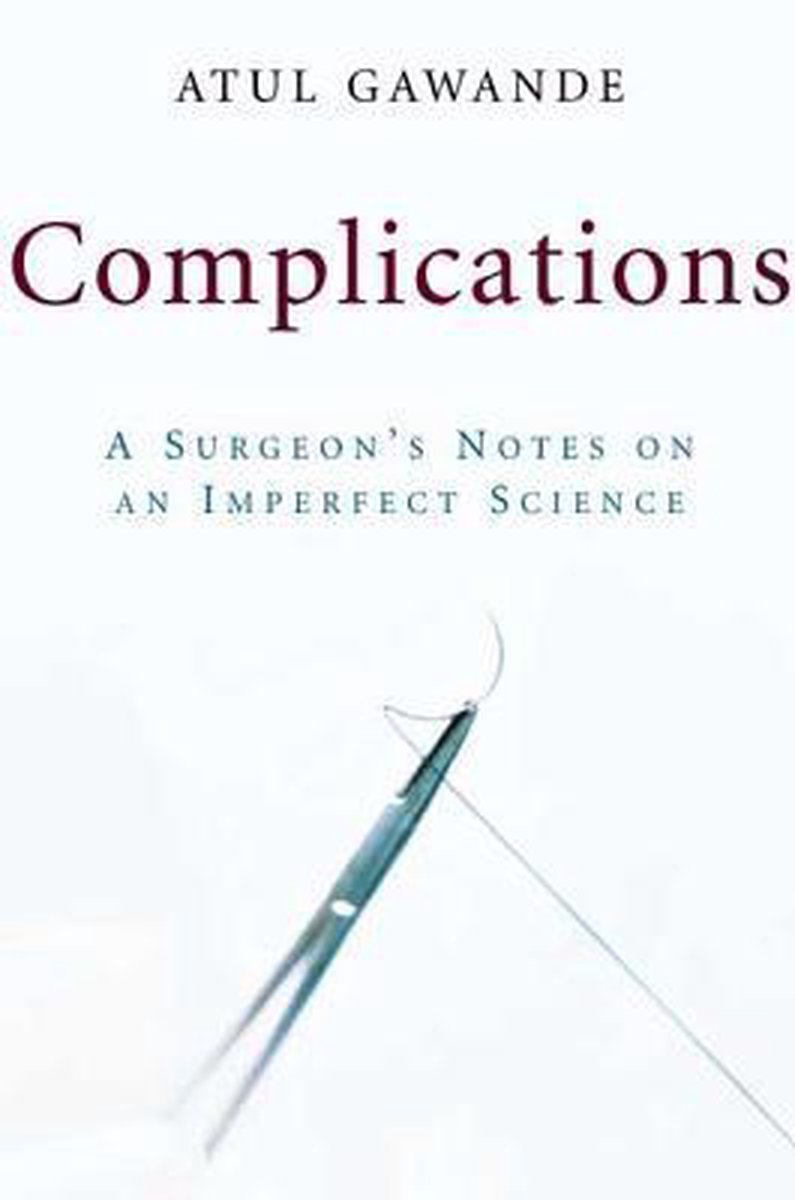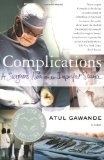
The gap between what we know and what we aim for persists. There is science in what we do, yes, but also habit, intuition, and sometimes plain old guessing. It is an imperfect science, an enterprise of constantly changing knowledge, uncertain information, fallible individuals, and at the same time lives on the line. We look for medicine to be an orderly field of knowledge and procedure. ― Atul Gawande, Complications: A Surgeon’s Notes on an Imperfect Science (Introduction) The thing that still startles me is how fundamentally human an endeavour it is. (All quotes are arranged in chronological order as they appear in the book, with the chapters indicated in parentheses.) Overall, I found Complications to be a brilliantly insightful piece of work-simultaneously a raw and honest account of the vicissitudes of a career in surgery, and a thoughtful cogitation on the quandaries in Medicine and its inherent limitations. His prose, though lyrical, eschews verbosity. Gawande writes with frankness and immediacy. Intriguing medical cases and sometimes near-impossible saves make each piece a captivating read. A prodigious surgeon gone bad a man with chronic back pain that yielded no physical explanation a woman with angry red swelling on her leg that would not go away. Questions so commonly debated in medical ethics-patient autonomy, medical errors, professionalism-are not discussed in the abstract but manifest in real-life stories that give them new meaning.

Gawande’s proclivity for introspection, coupled with his eloquent prose, culminates in compelling narratives that leave the reader deep in thought. Throughout the rest of the book, we are taken on thrilling journeys into other patients’ and doctors’ lives. Unnerving though this prospect may seem, we find solace in Gawande’s concession, “the most important talent may be the talent for practice itself”.

In the very first piece, The Education of a Knife, we see how surgery is fluid and complex where the surgeon wields the scalpel, pure knowledge falters. Not only are we right next to Gawande as he slices open a patient for the first time-feeling his halting uncertainty as if it were our own-we come to develop an uncanny familiarity with the nature of Medicine itself. Atul Gawande, interview with The Denver Post

They were often things patients ask about and I don’t have answers for, and I wanted to get answers. A lot of the topics I ended up writing about came from experiences that I didn’t understand or that bothered me.


 0 kommentar(er)
0 kommentar(er)
